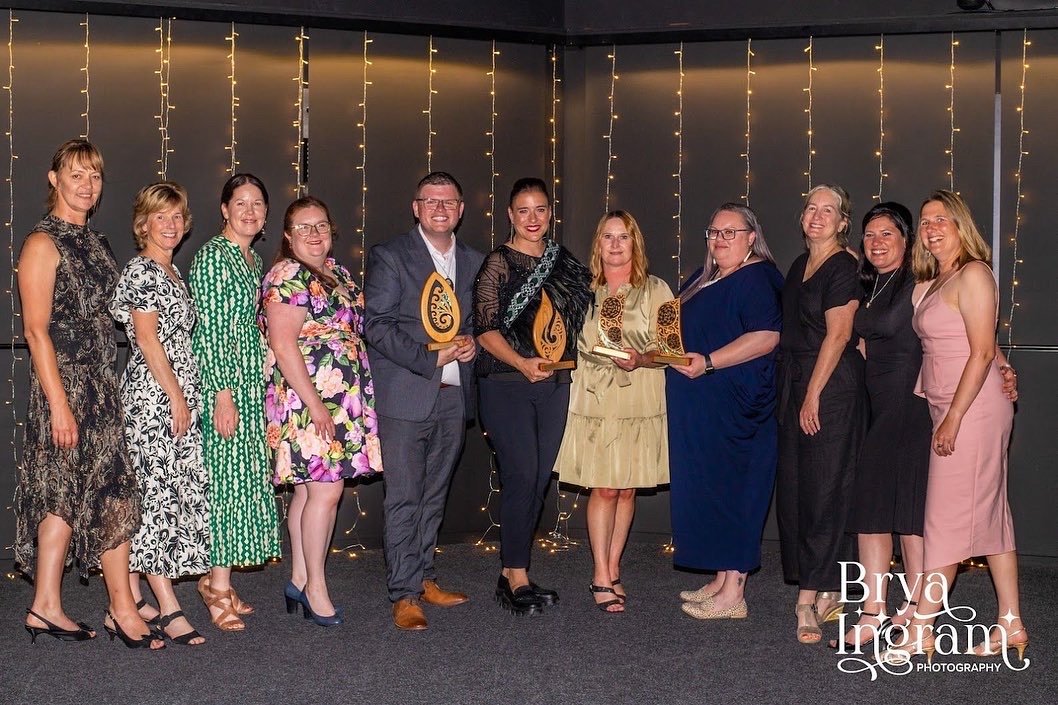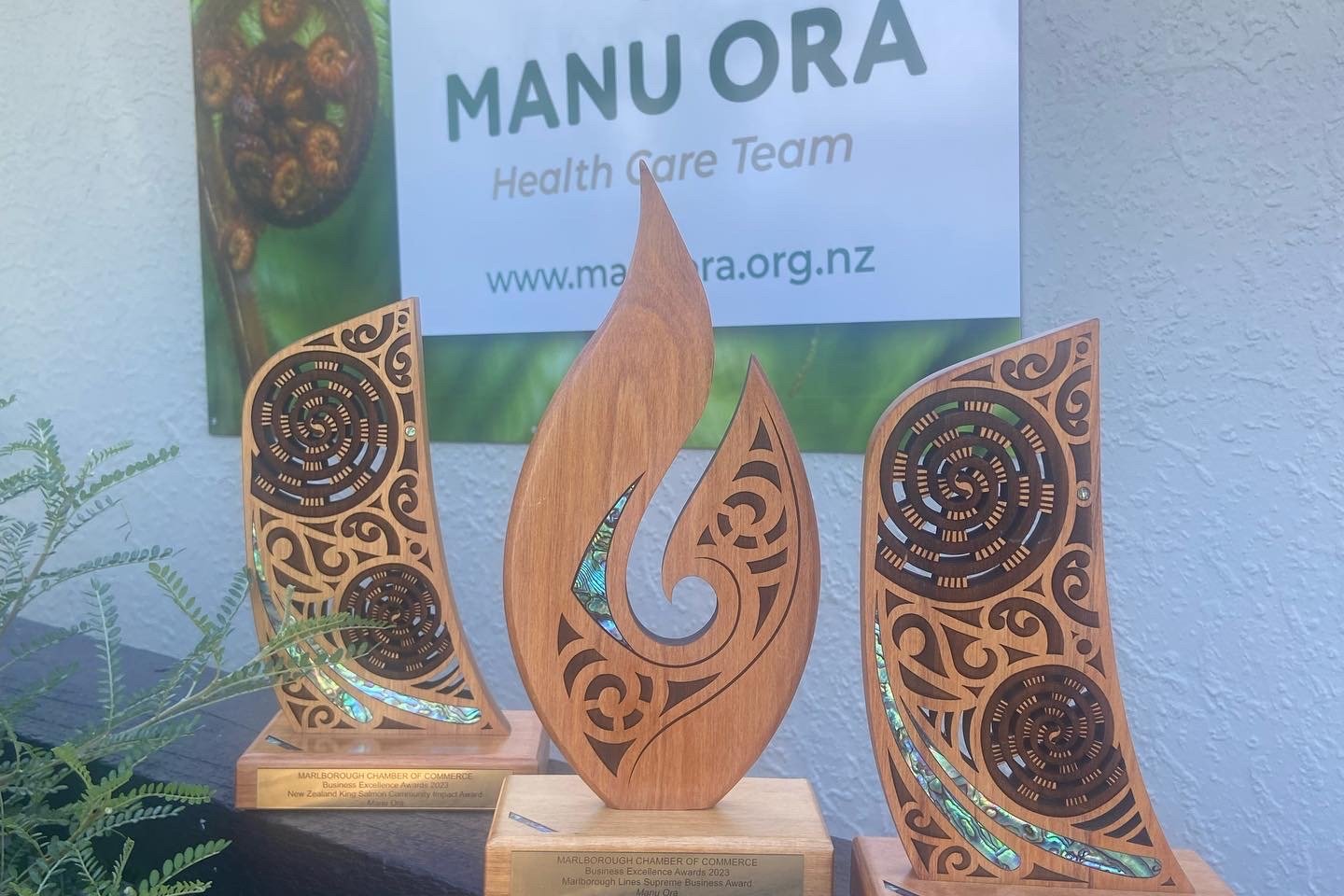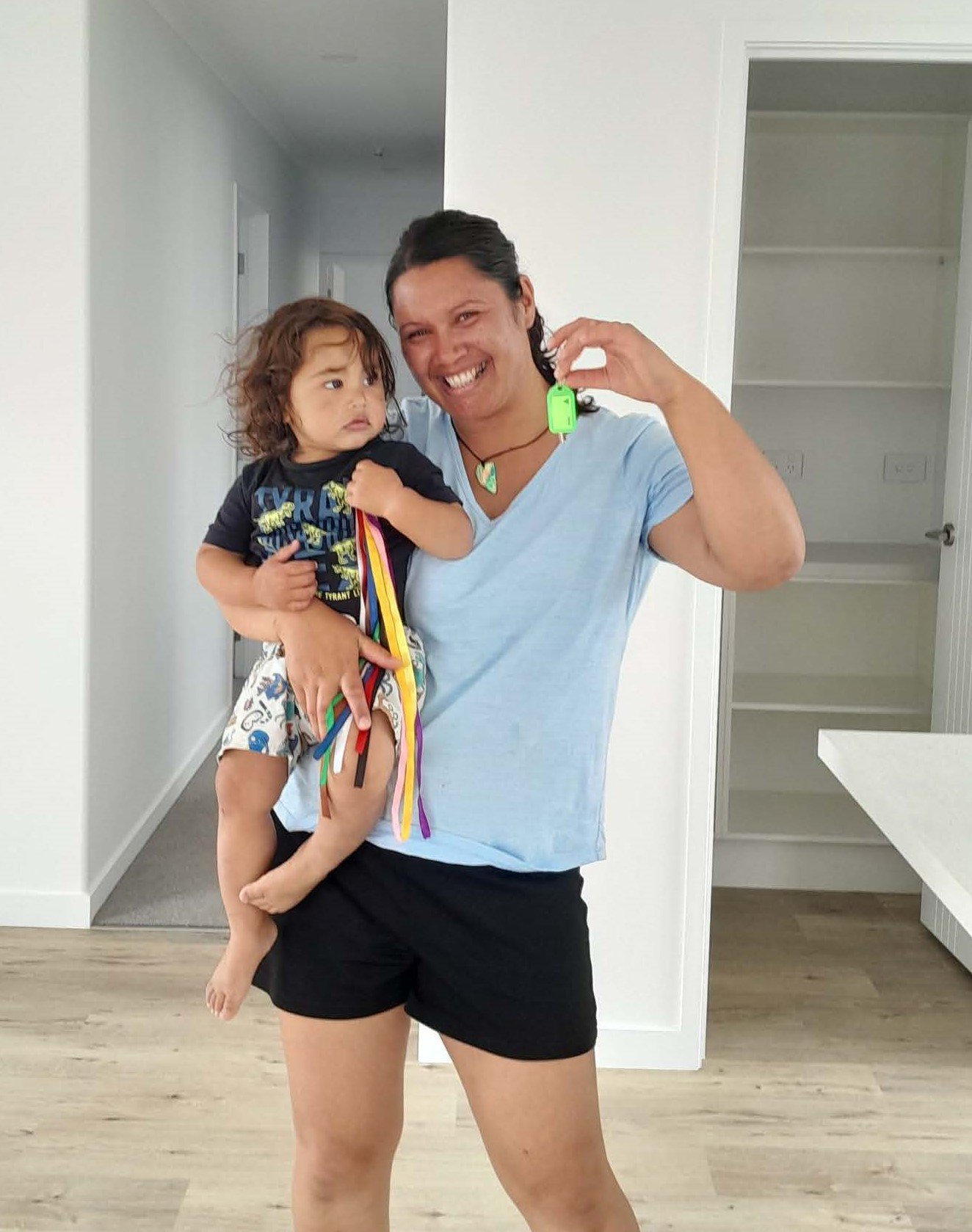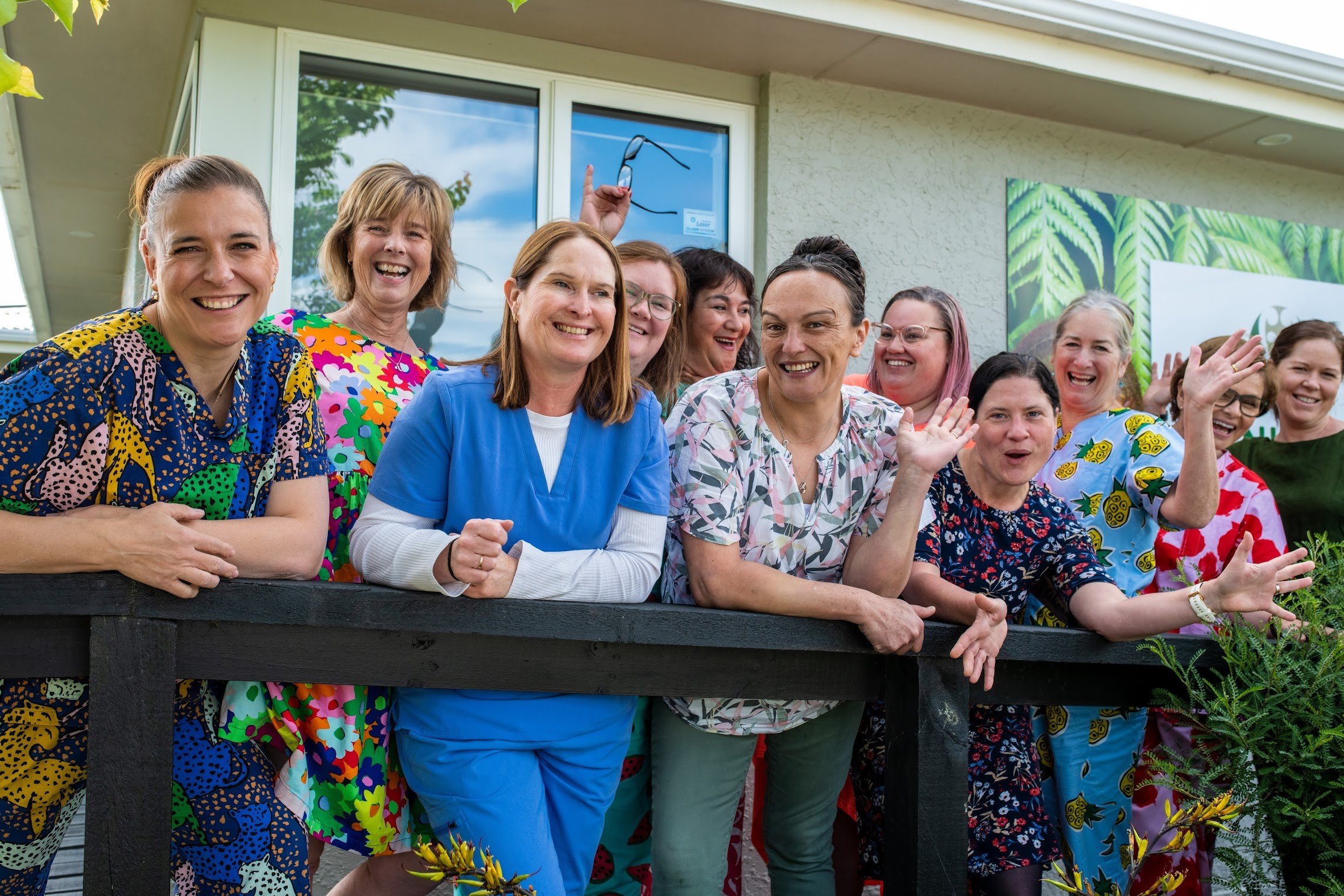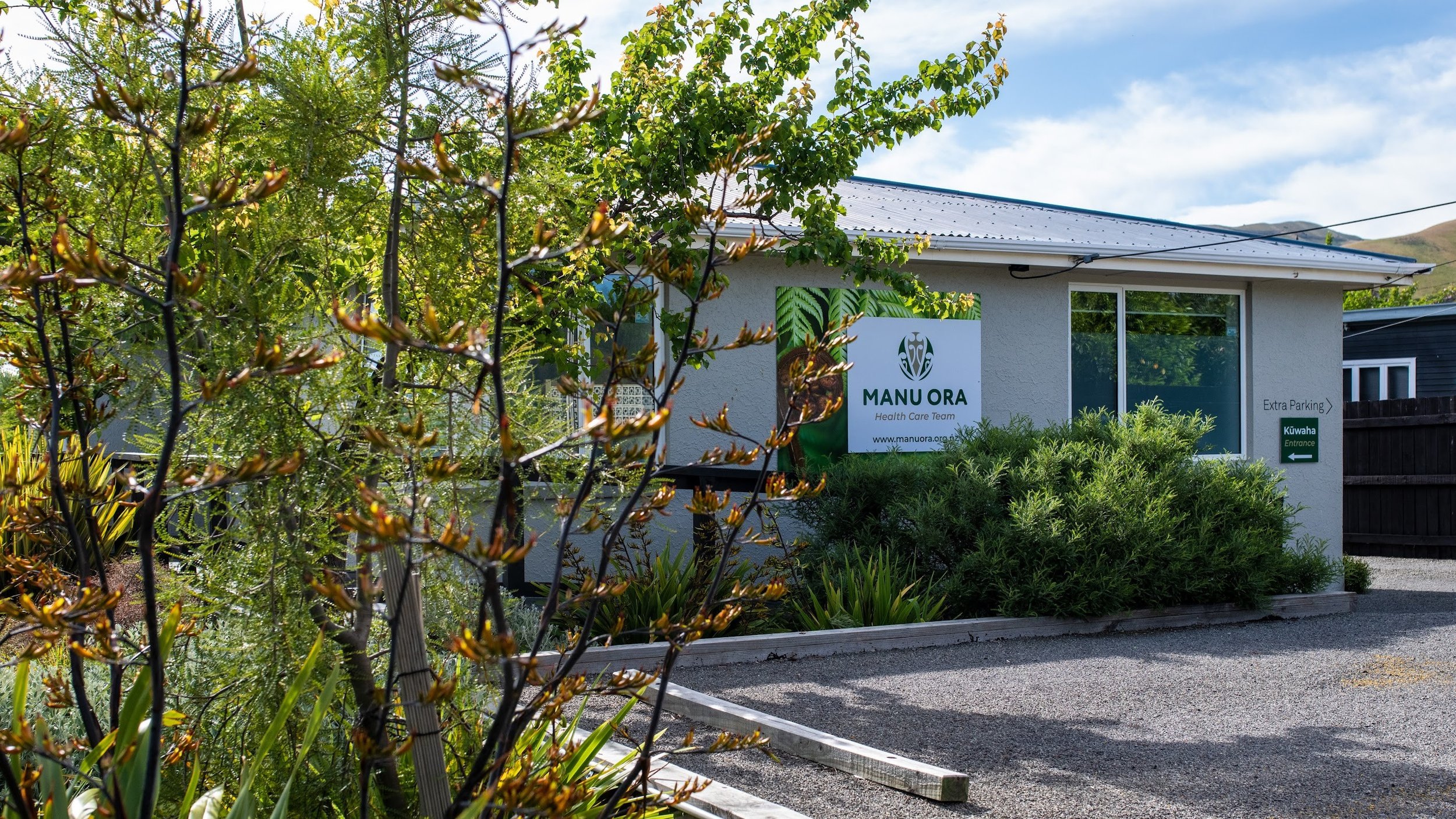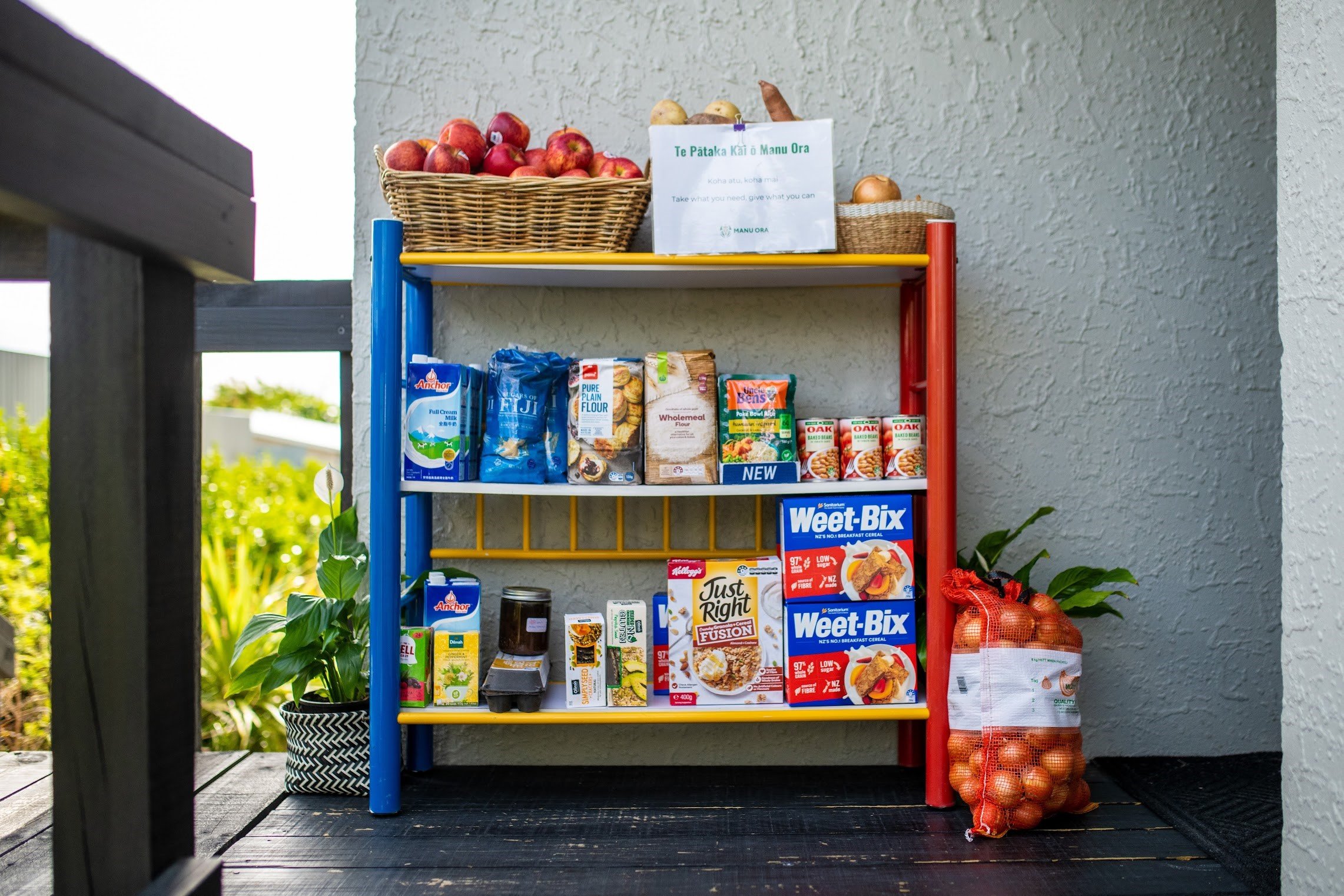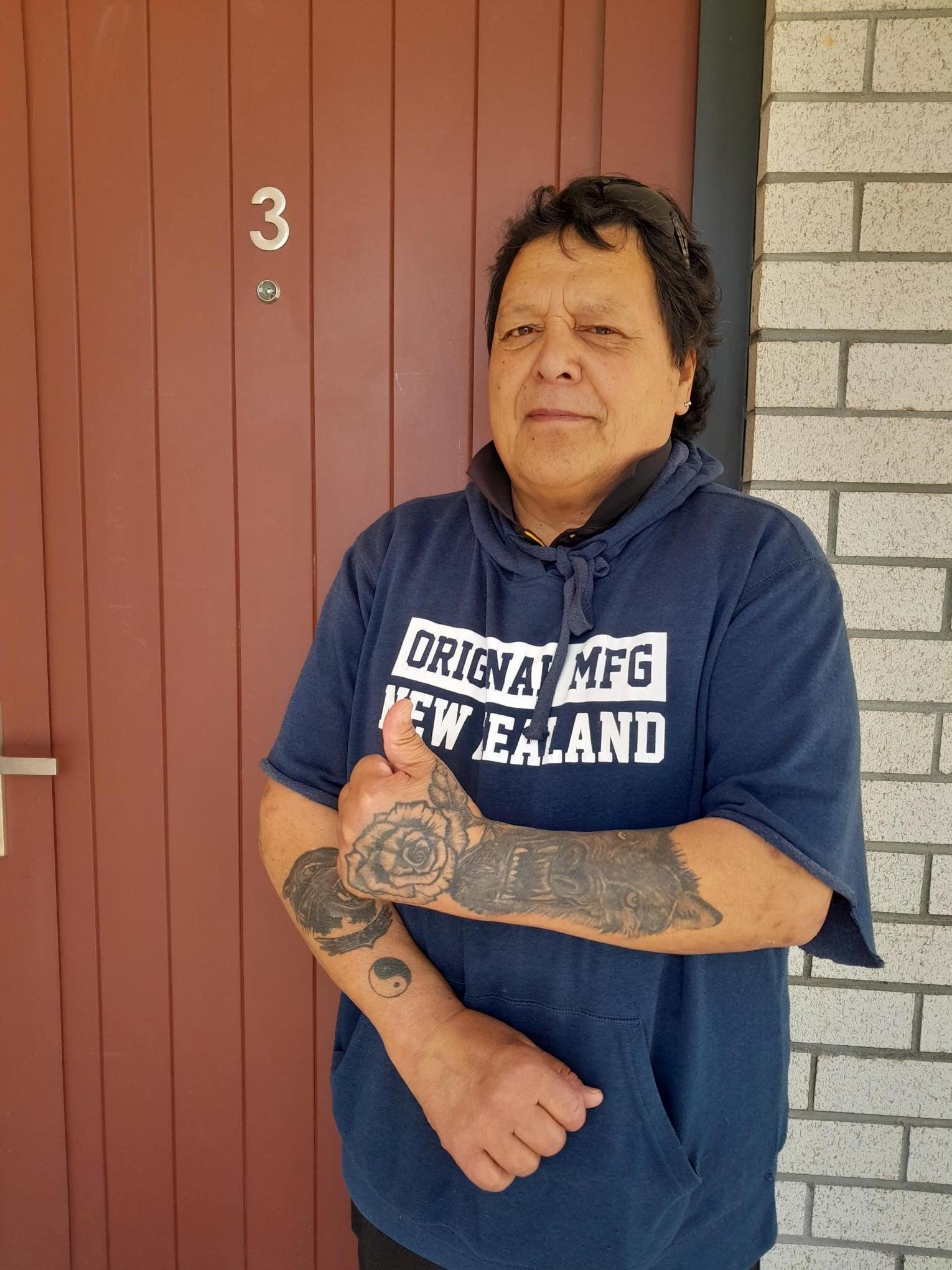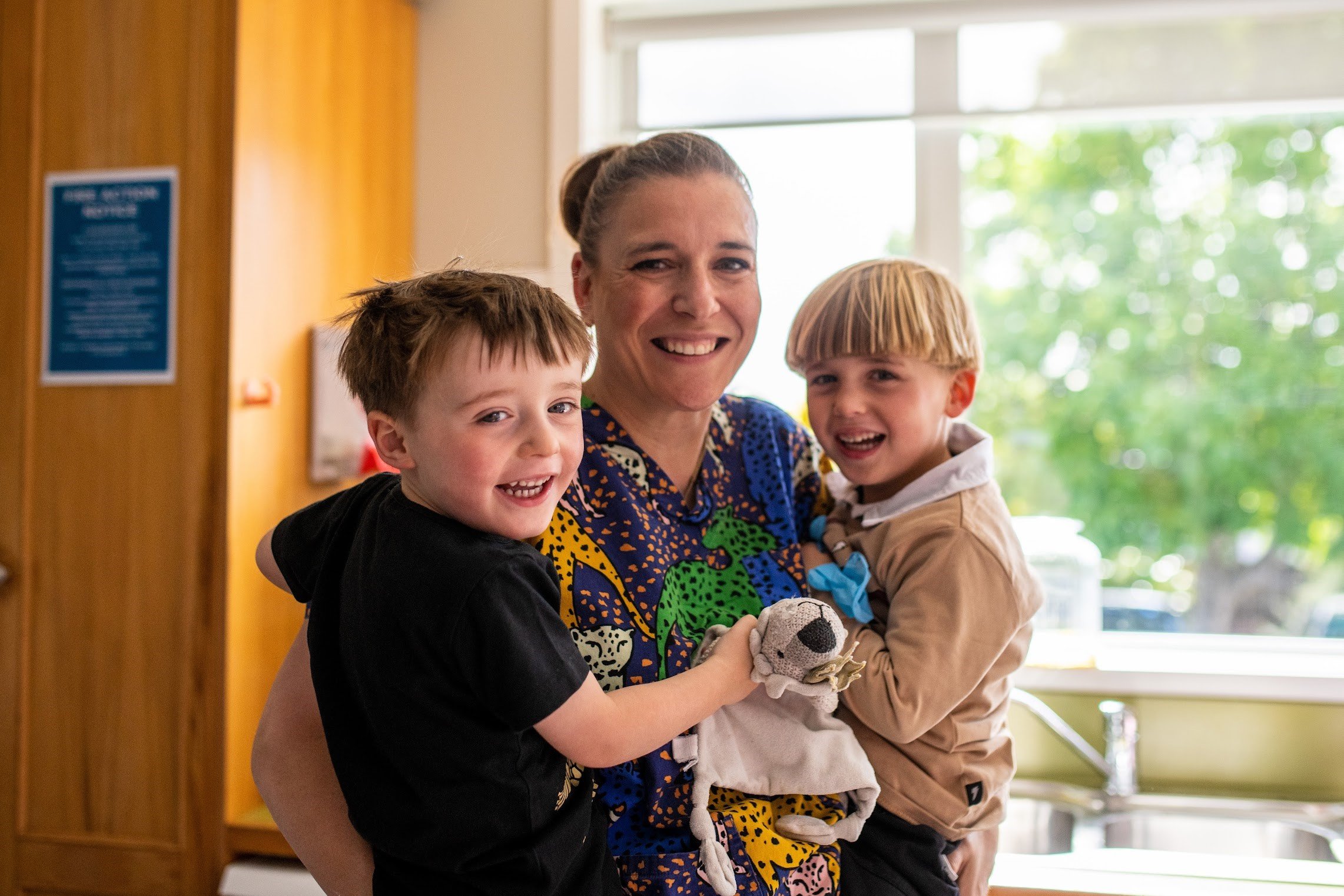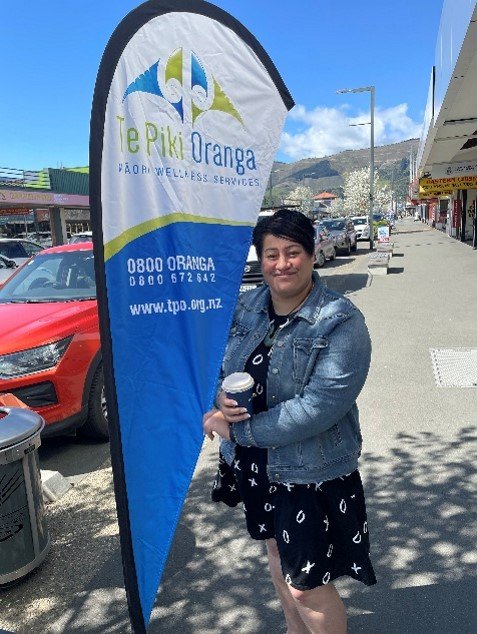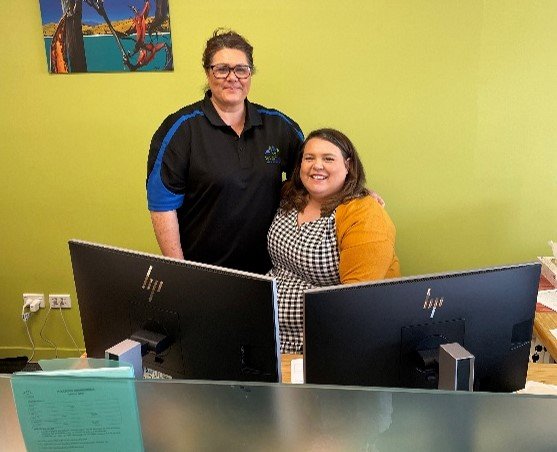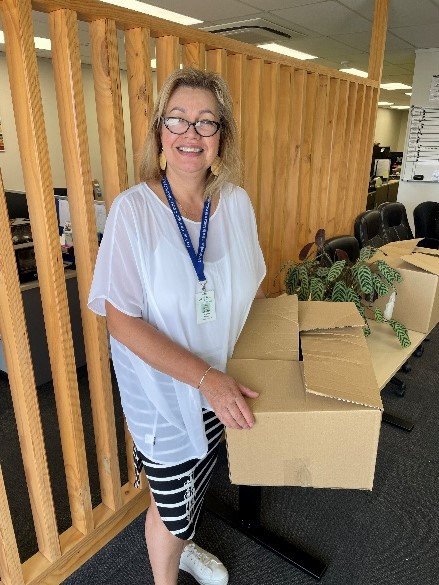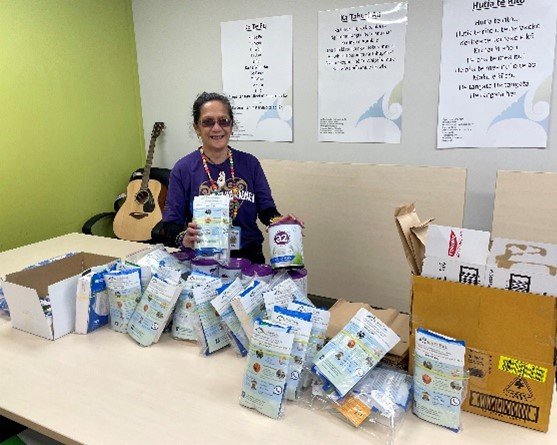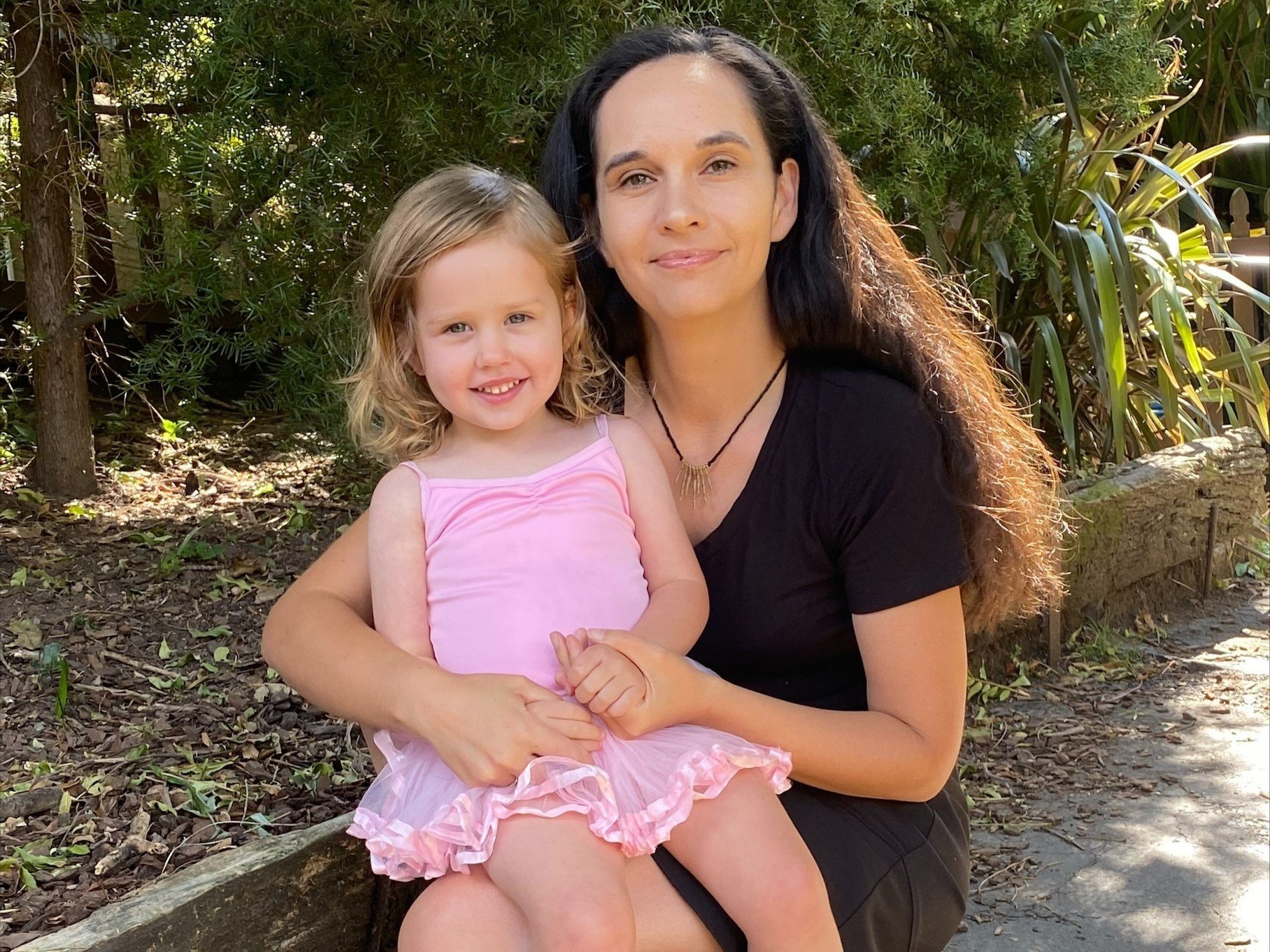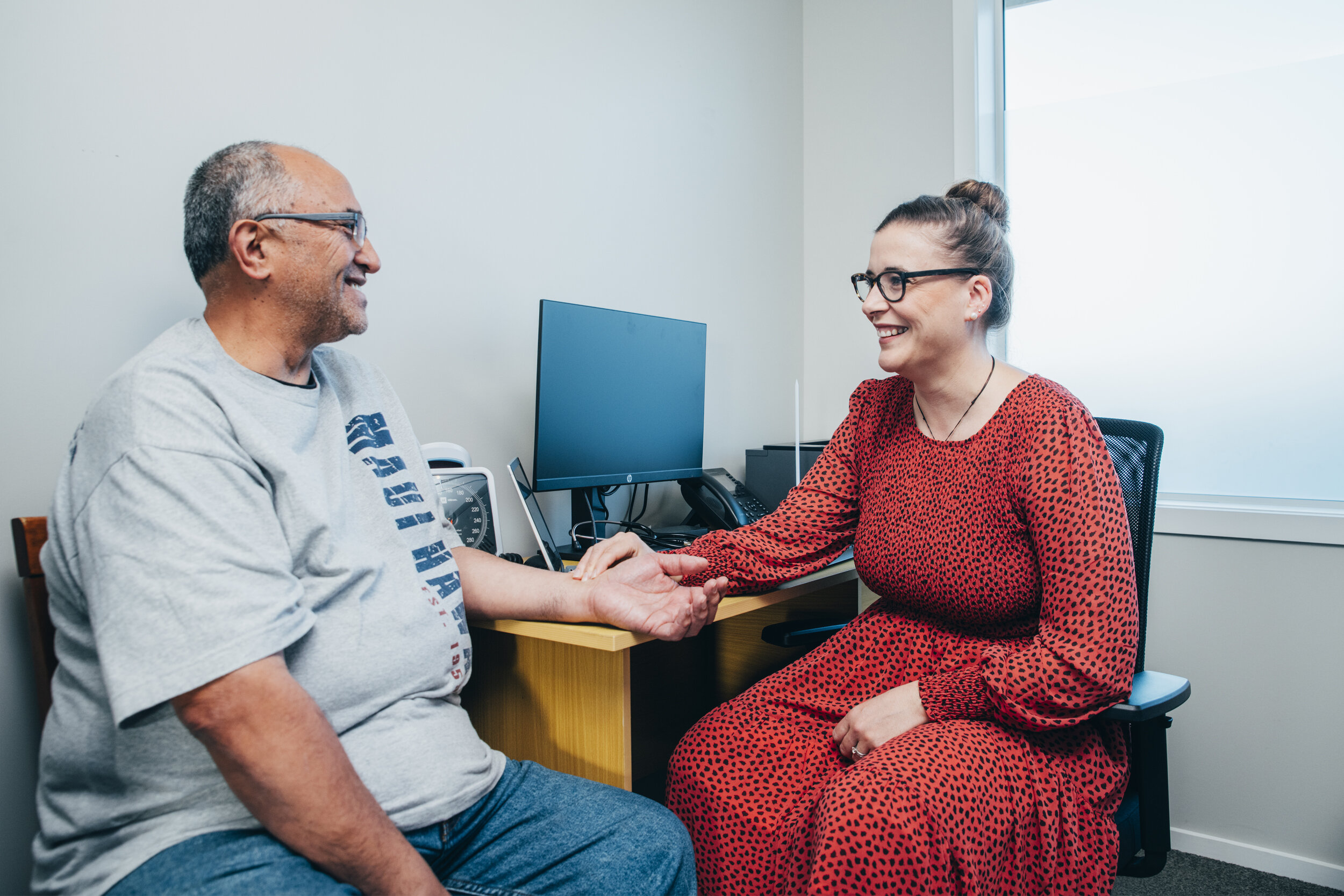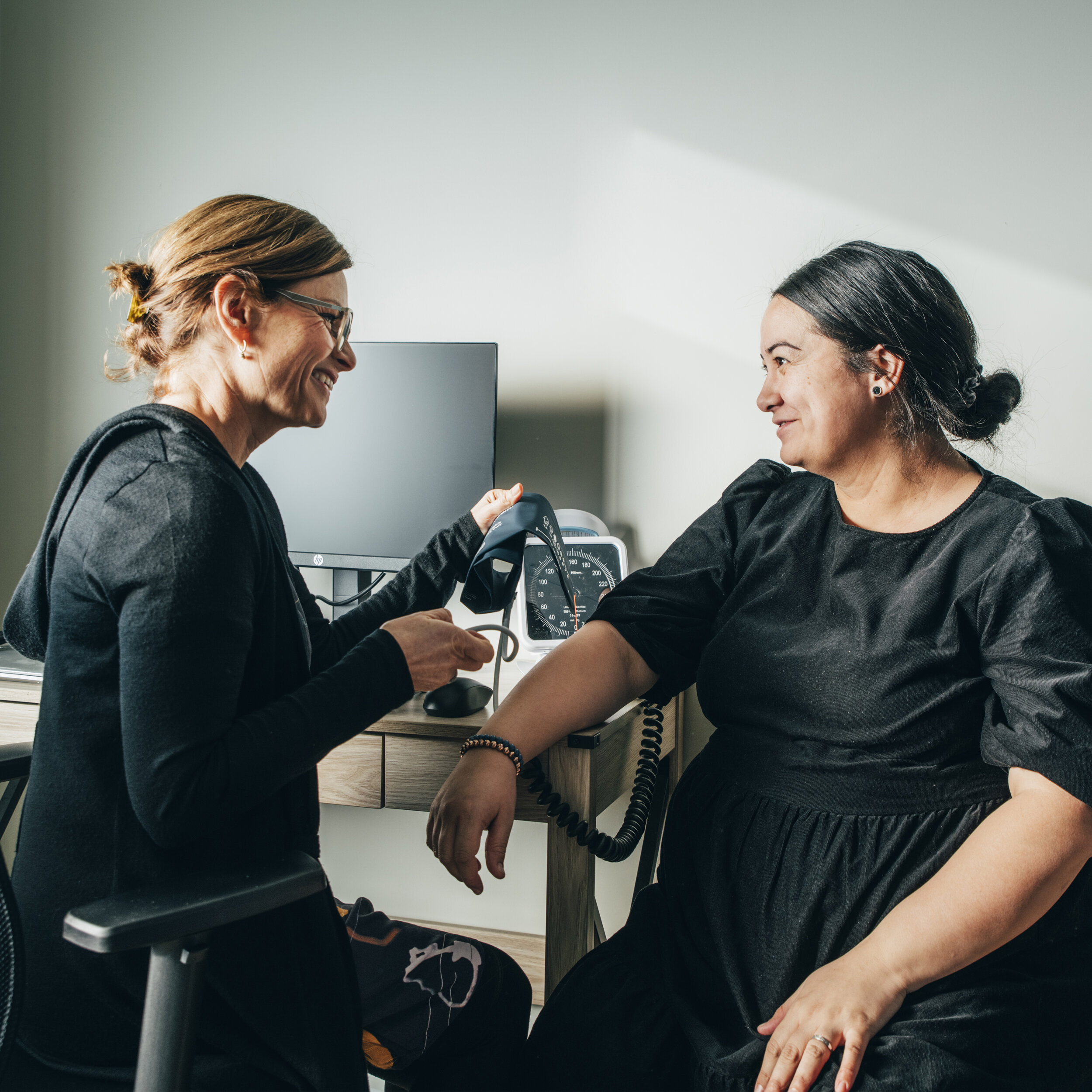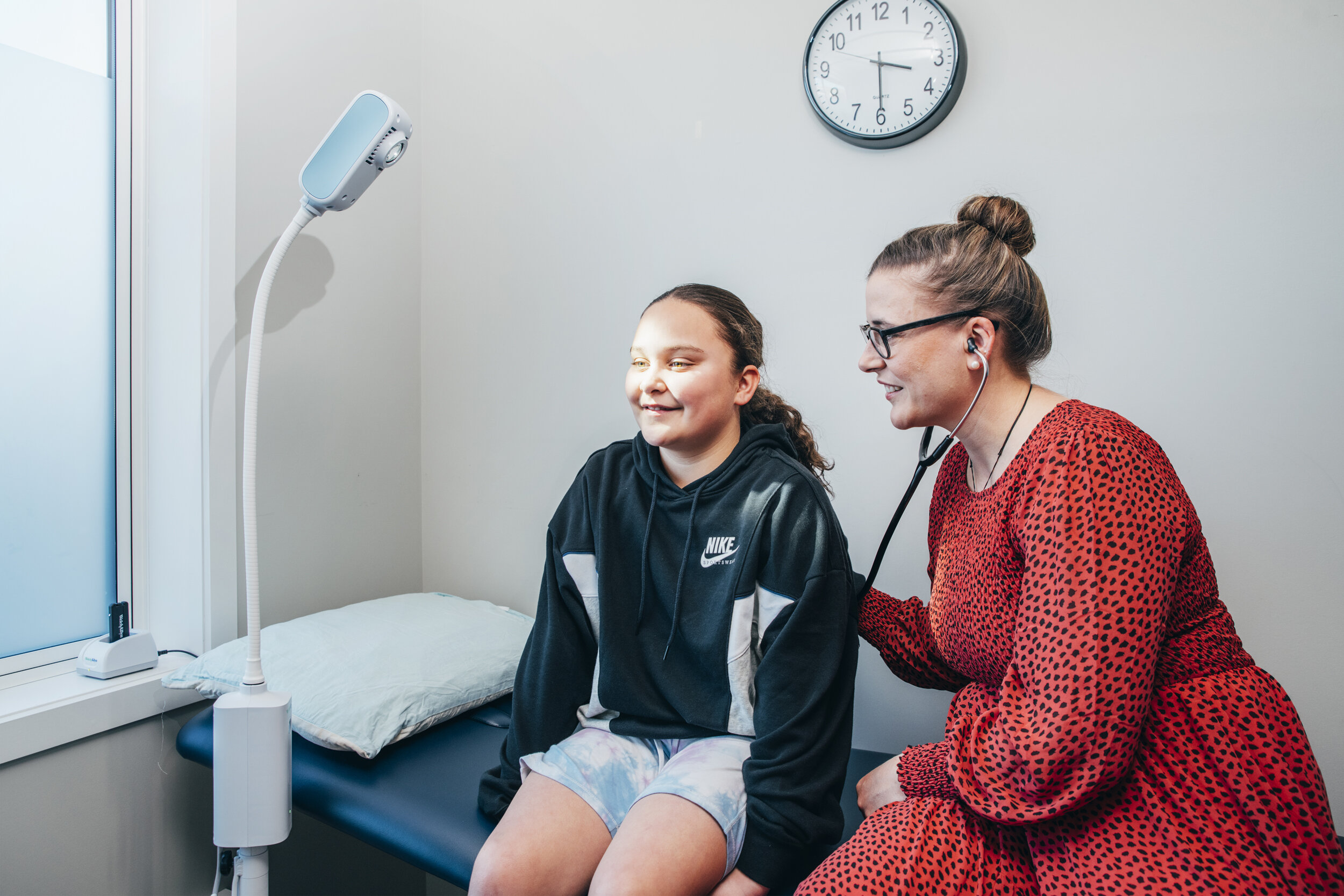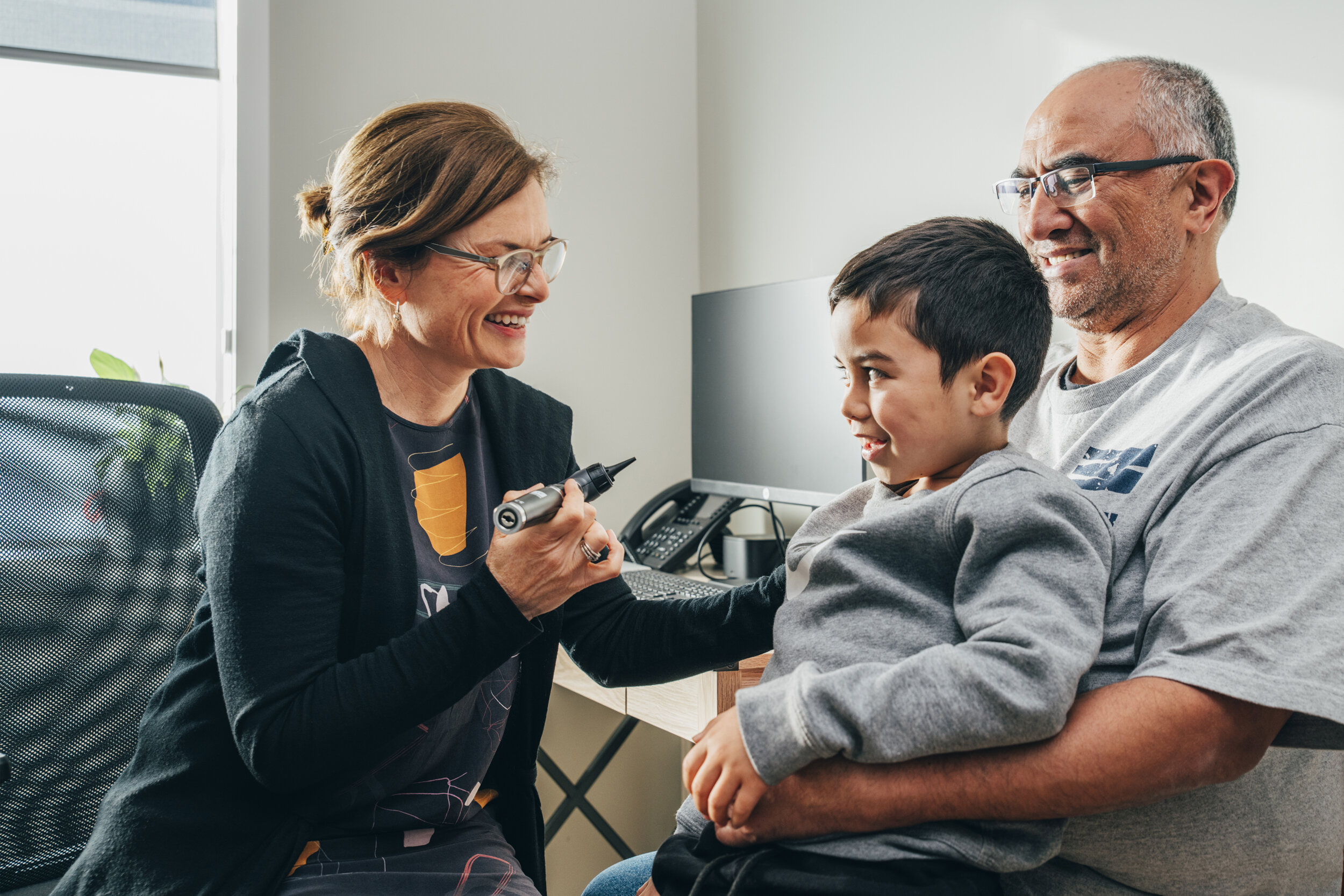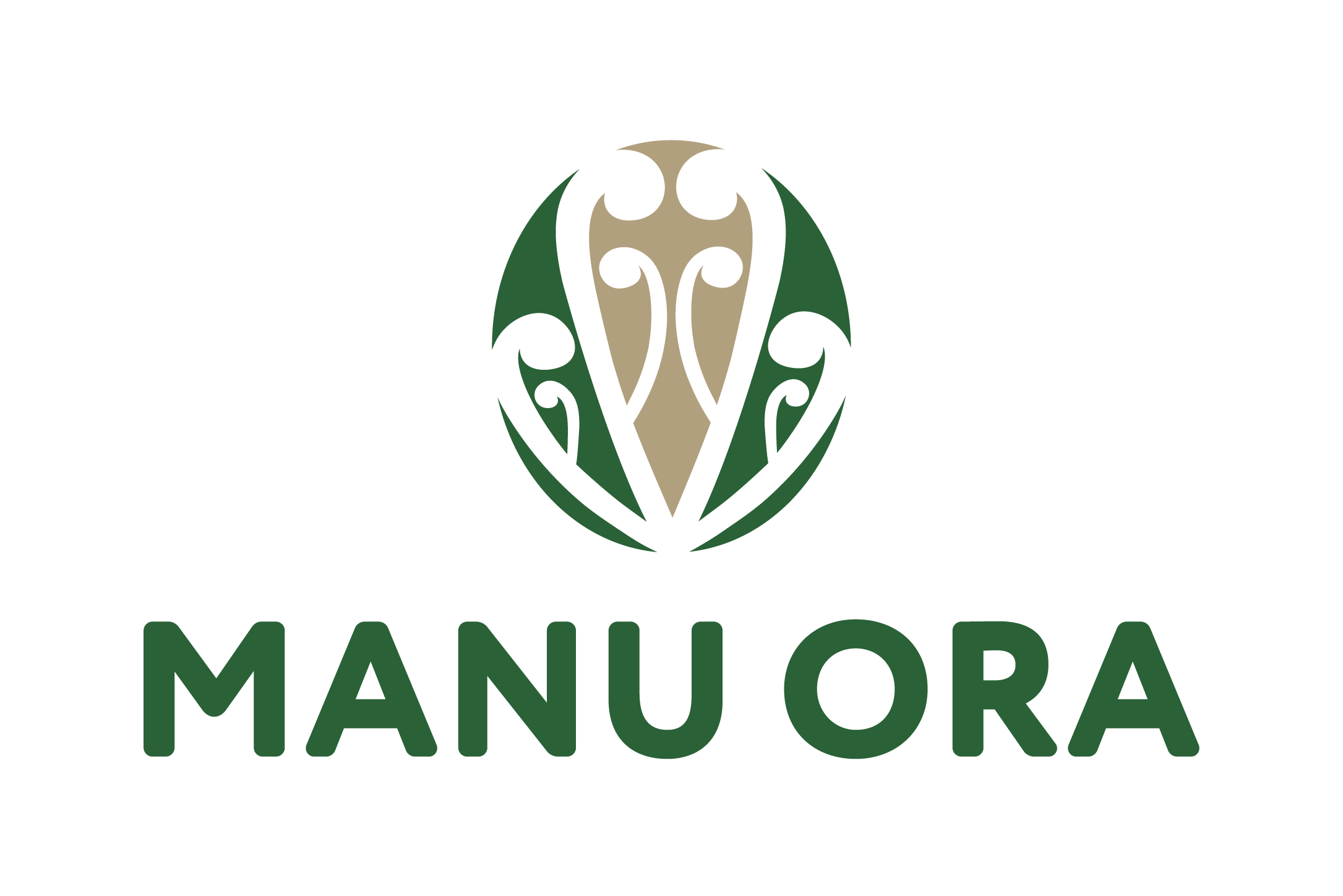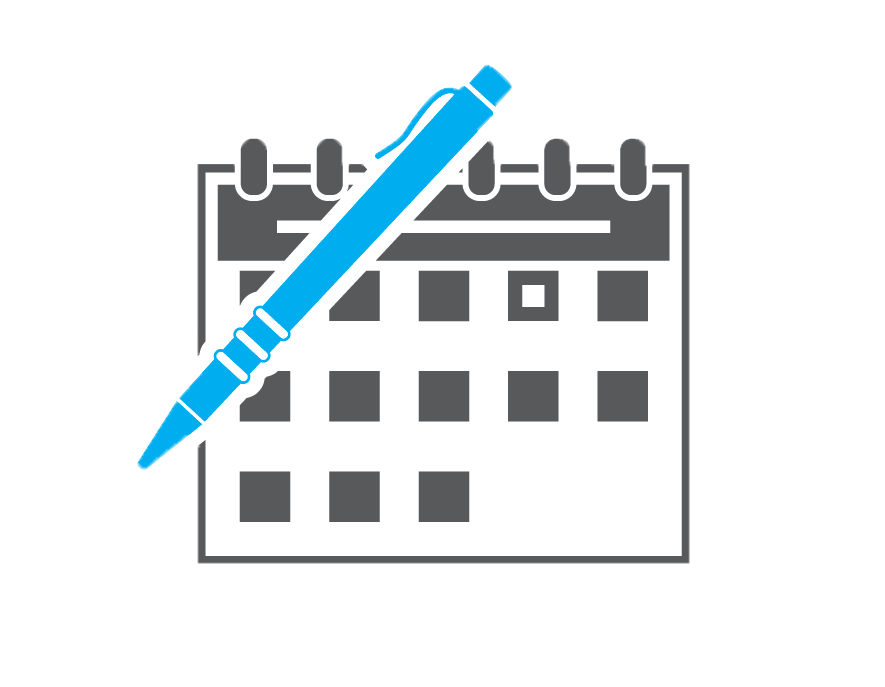Te Piki Oranga and Waikawa Marae are delighted to offer a new service to whānau living in rural and remote parts of Marlborough – Waikawa, Waitohi / Picton and Tōtaranui / Marlborough Sounds.
Te Piki Oranga is a leading provider of health and wellbeing services for Māori whānau in the Top of the South. With Waikawa Marae, the two organisations are now providing Heartland Services – for people in rural and remote regions of Marlborough.
Ricky Carr is Pūkenga Kaiwhakahaere (Site Manager) for the Te Piki Oranga services in Wairau. He says that Heartland Services will provide a much-needed presence and support for rural whānau.
“We can offer a physical location – a place to get things done in-person – as well as support on the phone or by video-conference,” Mr Carr says.
“Living, working and raising a family in rural and remote Marlborough can be challenging enough as it is. With Heartland Services we can provide access, information, support and specialist health and wellbeing services that will make life a little easier.
“Although it is early days we already have many Government and community agencies ready to run regular drop-in sessions and workshops in-person from our High Street hub in Waitohi, Picton,” Mr Carr says.
Allanah Burgess is Kaiwhakahaere (Manager) of Waikawa Marae. Ms Burgess says the decision to locate Heartland Services in Waitohi Picton township was made after first considering Waikawa Marae. By being in town, Waikawa Marae kaimahi are able to extend manaakitanga into a central location, she says.
“A lot happens on a marae, more than may be appreciated, such as our provision of health and social services like Whānau Ora that enable whānau and wider community members to thrive.
“When discussing how to make these essential new services available to whānau and others who need awhi, we decided in favour of the High Street hub from iwi-owned premises. This way we can uphold the tikanga of whakaruruhau to provide a safe, comfortable place as we do on the marae, and that happens to be in a convenient, central location for people.”
What is Heartland Services?
Heartland Services is a Ministry of Social Development initiative, with locations from Northland to Southland. Waikawa Marae and Te Piki Oranga were successful in their co-bid provide the newest Heartland Services hub, from Waitohi / Picton. The main services are:
assistance with technology: email, printing, photocopying, scanning, phones and internet
support with accessing government and community service forms, applications and websites
a place to meet with government and community service staff, kanohi ki te kanohi (face to face) or via videoconferencing
Drop-in sessions and health clinics
Government and community service staff are available on specific days, including:
Inland Revenue (IRD)
Workbridge and Connect agencies, for jobseekers and employers
Diabetes support group
Cancer information group
Community Law (kaupapa Māori)
Justice of the Peace
Māori Land Court
Whānau Ora navigators (from Waikawa Marae)
Employment support (for both employers and employees)
Appointments are needed for some sessions – see the main webpage for detail


